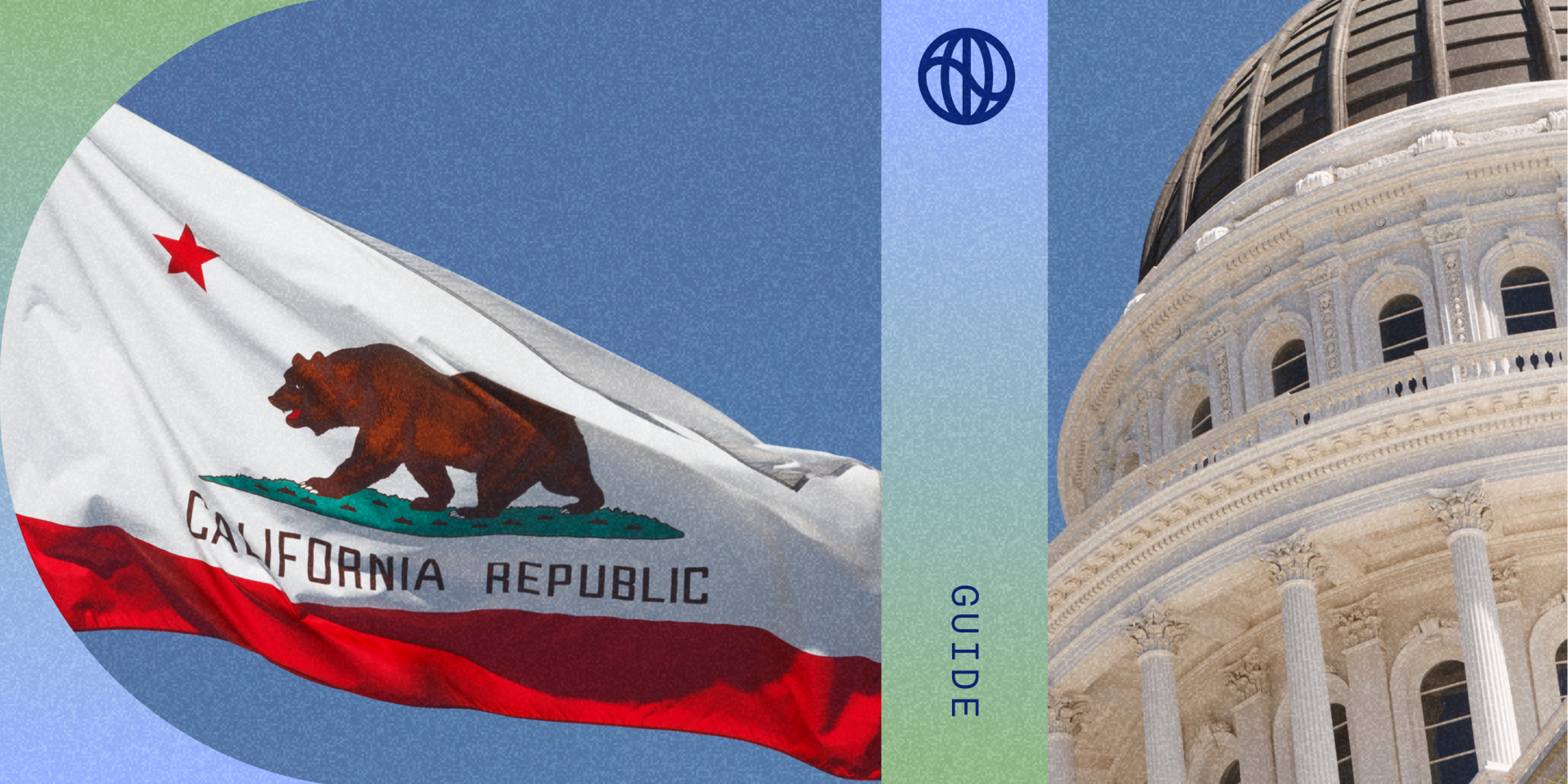The world’s leaders just spent two weeks in Glasgow. Despite more or less unanimous agreement that the science and math are emphatic about our course towards catastrophe, they pledged only modest further action before going home.
The main problem: domestic politics. While most leaders know what's needed, most voters aren’t yet ready to support the spending and intervention required. Case in point: despite ~100% scientific consensus around climate change, only 45% of Americans think we should act urgently without further study. And the UN is stuck working at the speed of that public opinion.
This isn't to say COP26 was a failure. But many of its most promising victories came from smaller coalitions—the subject of much of this post. The main moral of the summit was that certain groups need to be vanguards for the rest. It’s increasingly clear that companies can and must work together at the front lines to make sure we get to net zero in time.
Grading COP26
To set some context, let’s quickly fill out our COP scorecard:
- Did most countries agree in principle to keep warming to 1.5°C?
Not yet. While we’ve bent the projected temperature curve substantially, we’re still stuck at pledges too far above the 1.5°C red line. But there was a last-minute agreement to try again for new national commitments at next year’s COP (instead of 2025), with a general hope that 1.5°C is still possible with more time to negotiate fair shares and rich-to-poor funding. - Did we reach consensus on short-term methane reductions?
Somewhat. The new pledge is a global 30% reduction by 2030—a meaningful step, but just a first one. (Methane dissipates far faster than CO2, but traps heat tens of times more efficiently; we’re going to need to cut lots of it to keep near-term warming in check.) - Did we come up with a plan to quickly replace coal in the developing world?
Yes and no. Even though the official COP pledge got watered down, 39 countries agreed to cut off funding for new international fossil fuel projects by the end of 2022. These moves do work: we’ve already kept a second China’s worth of planned coal plants from coming online, and funding for fossil fuel plants is already 4-5x more expensive vs. renewables. - Did we reach clarity on loss and damage funding mechanisms?
No. The developed world, still worried about establishing liability for climate reparations, punted the subject to a new three-year working group. Though support programs like Santiago Network will still move forward, they’ll do so with largely symbolic funding for now. - How much of the promised $100bn will developing nations get in 2022?
Certainly less than 100%. While estimates vary based on whether loans are included, the most generous figures have us still coming short. This will be discussed again at COP27. - Will there be an official carbon market soon?
Yes! Though it will include some controversial credit types, and the rules won’t be finalized any earlier than next year’s COP. (If you have questions about which types of offsets are likely to both hold up to the new rules and remain uncontroversial, please get in touch.)
Coalitions matter
While governments and the UN are indispensable to our net zero quest, companies have a special role too: driving down the costs of decarbonization by massively increasing purchases of low-carbon technologies—everything from clean steel and cement to solar panels and wind farms to advance orders of energy storage and carbon removal.
We saw a few of these coalitions at work last week:
Electrifying cars
Dozens of countries, cities, investors, and fleet owners agreed to move exclusively to zero-emission vehicles by 2035. This is likely to work, given that 11 of the signers are car manufacturers, including Ford, GM, Volvo, and Mercedes-Benz. And one big reason they signed on: companies like Amazon and Hertz are placing big future EV orders today.
Smart automakers no longer need to wait on governments to smooth the path or force the issue. Sure, subsidies and charger networks help—a lot! But suppliers are wise to get ahead of both regulation and demand. And they’ll do so faster when their customers help them pay for it.
Frontier clean tech
The problem, as stated by the new First Movers Coalition: “50% of the technologies we need for net-zero emissions by 2050 are still under development…and not yet available on the market.”
How can we speed this up? While government programs and public-private hybrids are working on research and commercialization, companies can supercharge this work by delivering demand—like Microsoft, Stripe, and Shopify all pre-purchasing carbon removal far in advance from early-stage startups. We can’t wait until things are cheap. We have to make them cheap by helping the most promising providers scale using our purchase orders.
Existing clean tech
While R&D on frontier tech is crucial, the list of solved technical problems is growing and mostly just waiting for better economies of scale. If companies commit to heavy near-term emissions reductions while taking suppliers with them, this can create the contagion of demand we need.
Proof this works: we’ve collectively purchased enough solar now that it’s officially become the cheapest power source in history. And we’re still in the very early days of rolling it out.
One way to speed this up is just coordinating funding. A coalition of developed nations at COP announced a $8.5bn template program for South Africa, which currently gets 90% of its electricity from coal. The grants and loans are meant to fund a mass renewables switchover that could cut local emissions by over a third this decade. This might be widely repeatable.
Another way of super-scaling is coordinating buying. Utilities are often reluctant to bear upgrade costs, else to abandon legacy plants that still have useful life left. But they’ll deal with these pains for the right demand. What one buyer can’t force them to do, a coalition can.
Closing note
While some takes on COP have been dour, perspective is important: though we started far too late, we’ve made meaningful progress over the past 5-6 years. Yes, political speed limits are a problem. But public opinion is still shifting, there’s collaboration now that didn’t exist a decade ago, and the actions of companies at the vanguard can very much ease the way.
We’re happy to help you with your planning, and/or to connect you with coalitions that fit your climate goals. Just drop us a note. Together, we can actually do this.














